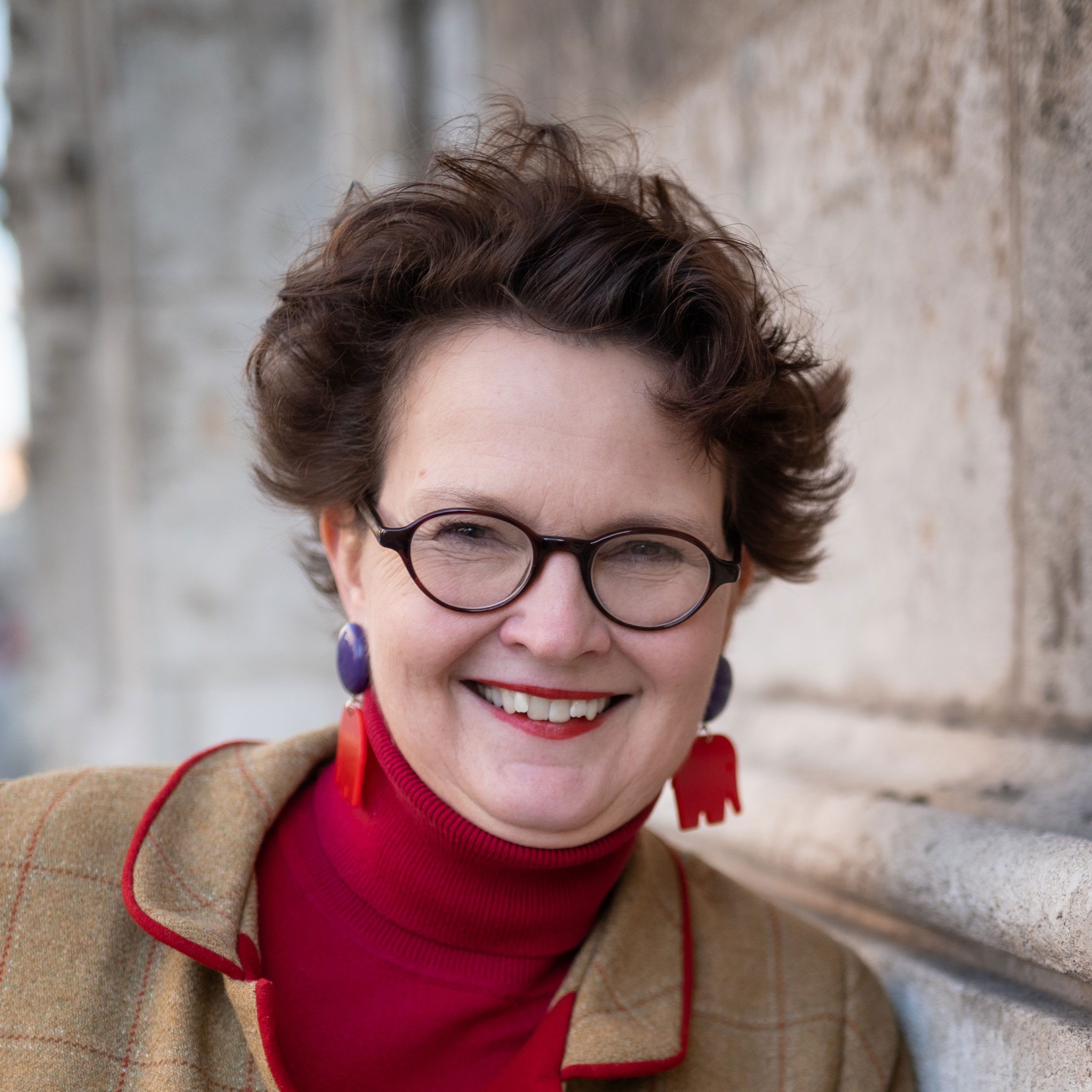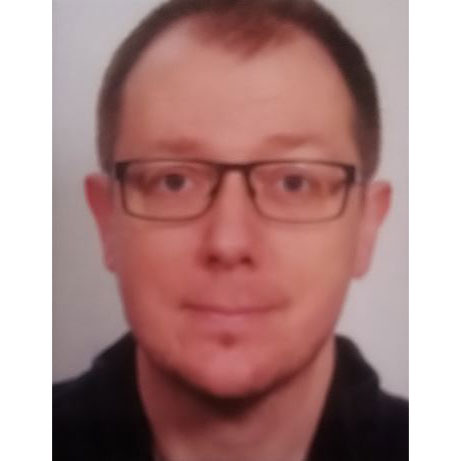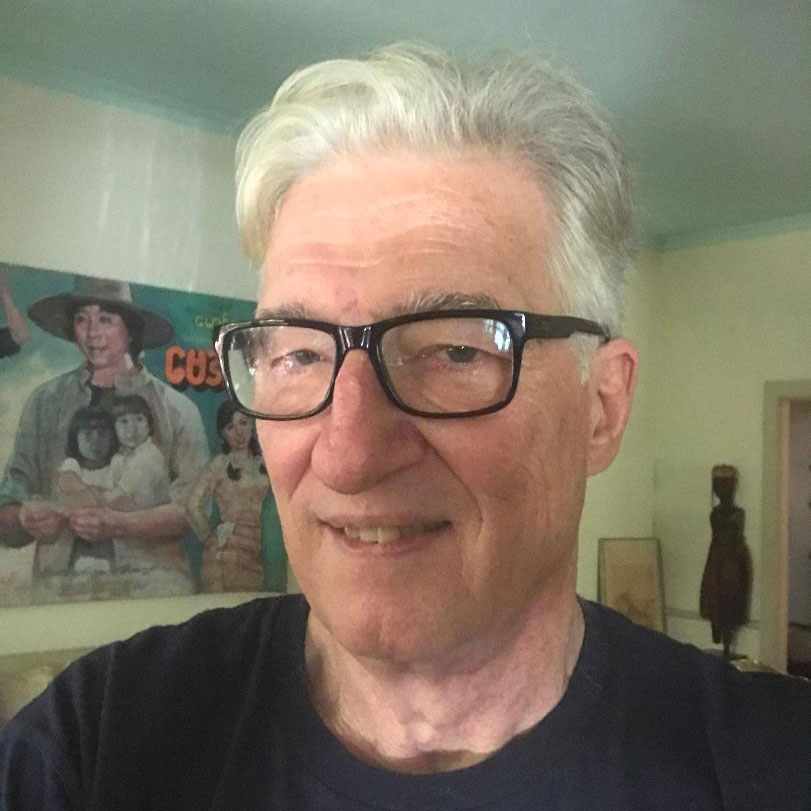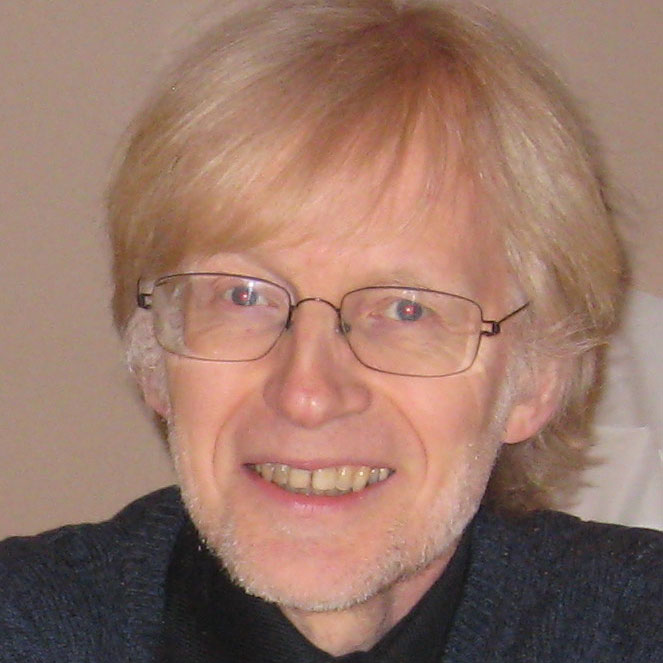36. International Film History Conference: Day 3
The 36th International Film History Congress is an integral part of the cinefest and deepens the festival’s topics in lectures and discussions.
Prior accreditation is required for participation.
Prior accreditation is required for participation.
Hourly Schedule
25.11.2023
- PANEL 5: ACTING
- 09:30 - 10:20
- Max Hansen. The singing actor who is still unforgotten in Sweden today.
- Max Hansen, whose career began as a young Caruso, is one of the greatest entertainers of the 1920s and 1930s in Austria and Germany. He inspires in variety shows and revues, is Zsupan in the premiere of “Gräfin Mariza” and embodies Leopold in the legendary “Weißes Rössl” in Berlin, Vienna and many other cities. After the Nazis came to power, he first settled in Denmark, his mother's homeland, and then fled to Sweden, disguised as a tourist. There he became one of the most famous artists and made Ralph Benatzky's works known in Scandinavia. He wrote his autobiography in Swedish - it is never translated into German. He is completely forgotten here. In my book “War’n Sie schon mal in mich verliebt? I dealt with Max Hansen for the first time - this book also found its way onto the stage in 2022: "War’n Sie schon mal in mich verliebt. Des Max Hansens Höllenfahrt" (Das Muth, Vienna).
-
Speakers:
Marie-Theres Arnbom
- 10:30 - 11:20
- Für euch gespielt. Paul Hörbiger, das Fiakerlied und die Darstellung des Musikers im nationalsozialistischen Spielfilm
- In his long career, which stretched from the end of silent films well into the 1970s, the Austrian (-Hungarian) actor Paul Hörbiger (1894-1981) repeatedly played roles with music in its various facets as the central point of the plot set. Hörbiger not only served the various forms of cinematic technology (from silent films to the bumpy beginnings of sound to television), but also the political systems that determined the film. After the annexation of Austria in 1938, in which what was now the Greater German Reich relied on traditional light entertainment for a while before the war (as in OPERETTE, 1939, or OPERNBALL, 1940), Hörbiger rarely appeared as a dominant figure in comedies and film operettas. But during these years he mostly took on those proverbial remarkable (supporting) roles that remain in the memory for a long time. In one of his most impressive portrayals of a musician, in Rolf Hansen's film DIE GROSSE LIEBE (1942), Hörbiger remains "mute" as the conductor and loser of the melodramatic triangle and yet is particularly integrated into the audiovisual development of the film's music, which also in this case means more than the mere soundtrack of the medium. The lecture would like to examine Hörbiger's (singing-) play and his involvement in the poetics of music (films) with a special focus on the films of National Socialism.
-
Speakers:
Tobias Haupts
- 11:30 - 12:00
- PROJECT PRESENTATION
- Project on Wilhelm Thiele
-
Speakers:
Jan-Christopher Horak
- 12:00 - 13:00
- Lunch Break
- Panel 6: COMPOSITION
- 13:00 - 13:50
- My Song Goes Round the World – Or Does IT?
- “My song goes round the world/That song I made for you,/Singing your charms to stars above you,/Telling the world how much I love....” So went the title song in the English version of EIN LIED GEHT UM DIE WELT, the first of four vehicles for the tenor Joseph Schmidt featuring the music of Hans May. By 1934, when the English version was made, May had already spent a year trying to get established outside Germany. London offered the most opportunities, initially with remakes of his German-language successes or films that behaved like stage operettas. May’s new songs didn’t go round the world quite so much, but for a time his films satisfied Britain’s seeming need for European-flavoured escapism and gave useful work opportunities for other dislocated émigré talent behind and in front of the camera. The onset of war brought a change. May’s scores stopped waltzing, and became less lyrical and more disruptive, more suited to a social drama like THE STARS LOOK DOWN, anti-Nazi dramas (PASTOR HALL, THUNDER ROCK), gothic thrillers and melodramas. Old habits returned in the 1945 musical WALTZ TIME, set in early 19th century Vienna. But his tuneful post-war scores were beaten in quality and number by the tougher, more imaginative scores written for BRIGHTON ROCK, ROUGH SHOOT, and other thrillers and dramas. In 1937, a promotional statement had stated that May ‘unites in his music the charm of old Vienna with the rhythm of today’. The post-word rhythm, however, needed something different.
-
Speakers:
Geoff Brown
- 14:00 - 14:50
- Stimmung durch Stil: Der Komponist Mihály/Michael Eisemann
- Mihály/Michael Eisemann is known as “the hit manufacturer” in his home country of Hungary. His melodies, some of which come from his operettas and some from his film music compositions, are still frequently played today. Paul Abraham's contemporary and friend is still little known in Germany. The focus of my lecture is on German films as well as multilingual versions in which Eisemann's music was used. I will primarily describe his sources of inspiration and working method in more detail. A song of his was already selected for the first full-length sound film MELODIE DES HERZENS (GER 1929, Hanns Schwarz). In the film EVERYONE ASKS AFTER ERIKA (GER 1931, Friedrich Zelnik) an Eisemann melody with the title “I can't help it” also sounds. He composed cheerful and varied music for the film comedy DIE SCHWEBENDE JUNGFRAU (GER 1931, Carl Boese), which contributed significantly to the success of the film. HYPPOLIT, A LAKÁJ / ER UND SEIN DIENER (HU/ DE, 1931, István Székely) was a multilingual version that is one of the most successful films of all time in Hungary, but flopped in Germany. The operetta film DIE KATZ’ IM SACK (1934/35, Richard Eichberg) and ES FLÜSTERT DIE LIEBE (1935, Geza von Bolváry) were also successful in Germany. In 1943 there was a collaboration with the German composer Michael Jary, which resulted in the film music for the first Hungarian jazz film HETEN MINT A GONOSZOK/ THE SAVAGE SEVEN (HU 1943, Endre Rodriguez).
-
Speakers:
Réka Gulyás
- 15:00 - 15:45
- Closing Discussion

Marie-Theres Arnbom
Historian, author, curator and cultural manager, Vienna
Dr. phil., is a historian, author, curator and cultural manager. She publishes books and articles on contemporary and cultural-historical topics, which she also stages as a curator at museums, and writes programs and articles for major concert organizers. In 2004 she founded the St. Gilgen Children's Music Festival as an essential part of the music summer in the Salzkammergut. Since 2020 she has been organizing the “Hölle am See” festival around Lake Wolfgang together with Georg Wacks. In 2018, her book “Deine Dienste werden nicht mehr benötigt” about the artists expelled from the Volksoper in 1938 was published, on which the Volksoper production “Lasst uns die Welt vergessen” is based, premiering in December 2023. Her successful series on the villas of Attersee has been published since 2017, Traunsee, Bad Ischl, Pötzleinsdorf, the Ausseerland and Baden. She curated recent exhibitions on the topics of “Franz Lehár and his Jewish librettists” (City Museum Bad Ischl 2018) and “The Theater and Cabaret Die Hölle” (Theater an der Wien 2021). Until the end of 2023, she will be scientific director of the Austrian Theater Museum, where she initiated exhibitions on “Austropop” and the Marischka artistic dynasty (from October 18, 2023) as well as new series of events. In 2024 she will curate exhibitions on Fritz Löhner-Beda (Bad Ischl) and the three artists Lisel Salzer, Lisl Weil and Hilde Spiel (Zinkenbacher Malerkolonie, St. Gilgen) and publish a book on the villas in the Währinger/Döblinger Cottage. She also moderates musical theater programs that she has put together, including in the Theater L.E.O.

Tobias Haupts
Film and media scientist, FU Berlin
Dr., film and media scientist and currently guest professor for film studies at the seminar for film studies at the Free University of Berlin. Doctorate at the University of Siegen with a thesis on the history and media practice of the video library (Bielefeld 2014). His research focuses on (German) media and film history, genre aesthetics and history, forms of distribution of film, film and theology, research into fantasy and the mediality of space. Current publications: »US fantasy 1977-1987. Eine Genreüberlegung" (Boston/Berlin 2022), "Fatih Akın's Short and Compilation Films. Aus Liebe zur kleinen Form". In: Cornelia Ruhe/Thomas Wortmann (eds.): “Die Filme von Fatih Akın” (Paderborn 2022), “Das fließende Licht der Gottheit. SONNENSCHEIN, Mystik und der Schrecken der Auflösung. In: ibid./Christian Pischel (ed.): “Space Agency – Medien und Poetik des Weltraums” (Bielefeld 2021).

Jan-Christopher Horak
Professor, Chapman University, UCLA
Professor, Chapman University, UCLA; Former Director of the UCLA Film & Television Archive; Director, Archives & Collections, Universal Studios; Director, Munich Film Museum; Senior Curator, George Eastman House; Professor, University of Rochester; University of Film and Television, Munich; Doctorate at the Westphalian Wilhelms University, Münster. Publications: »Hollywood Goes Latin« (2019), »Cinema Between Latin America and Los Angeles« (2017), »L.A. Rebellion: Creating a New Black Cinema« (2015), »Saul Bass« (2014), »Lovers of Cinema« (1995), »Anti-Nazi Filme der deutsch-sprachigen Filmemigration von Hollywood« (1985), »Film und Foto der 20er Jahr« (1979). Approx. 300 articles. Awards: SCMS Katherine Kovacs Singer Essay Award (2007), Andor Kraszna-Kraus Film Book Award (2016), SCMS Best Edited Collection Award (2017), Reinhold Schünzel Award (2018), Honorary Award of the German Cinematheque Association (2021).

Geoff Brown
Honorary Associate Research Fellow, De Montfort University, Leicester
Honorary Associate Research Fellow at the Cinema and Television History Research Institute, De Montfort University, Leicester, has written on cinema’s émigrés and the British film industry’s conti-nental connections in the book collections »Enchanted by Cinema: Wilhelm Thiele Between Vienna, Berlin and Hollywood« (forthcoming), »Ealing Revisited« (2012) and »Destination London« (2008), and various academic journals. He is also a classical music critic for The Times in London.

Réka Gulyás
Filmhistorikerin, Budapest / Berlin
hat 1985 in Budapest ihr Abitur gemacht und dort eine Ausbildung zur Kinoleiterin absolviert. Sie war Leiterin diverser Budapester Kinos und ging dann nach Berlin, um an der Freien Universität Theater-, Film- und Fernsehwissenschaft sowie Kunstgeschichte zu studieren. Sie hat mit Claudia Lenssen den Dokumentarfilm DER SICHTBARE MENSCH – BÉLA BALÁZS (arte/ZDF) gedreht und an internationalen Filmprojekten mitgearbeitet. Sie kuratierte mehrere filmhistorische Ausstellungen und Filmreihen in Berlin, Potsdam und Brandenburg. Die Forschungsschwerpunkte der freischaffende Filmwissenschaftlerin sind: das Ungarnbild in deutschsprachigen Spielfilmen, filmische Erkundungen in begrenzten Räumen und ungarische Filmkünstler im Exil. Zurzeit arbeitet sie an einem Dokumentarfilm über die Violinistin und Salonorchesterleiterin Edith Lorand.


